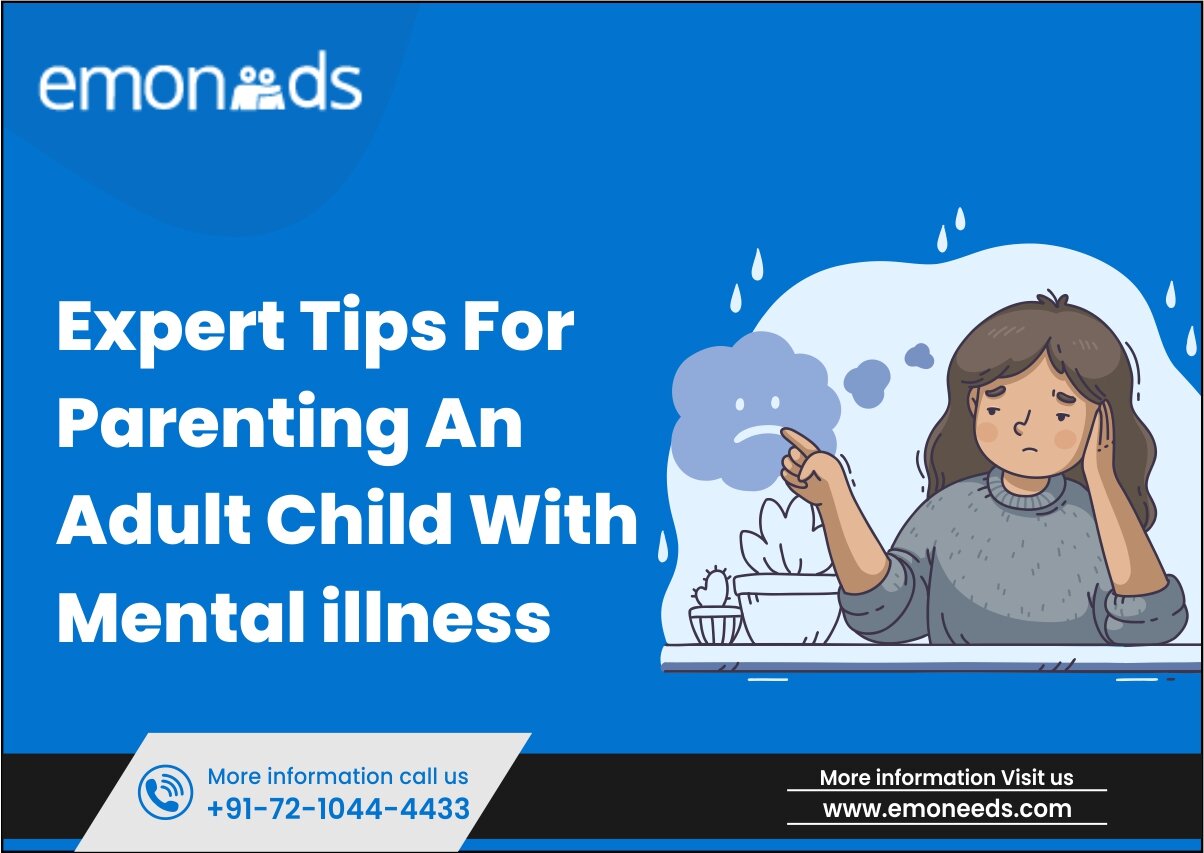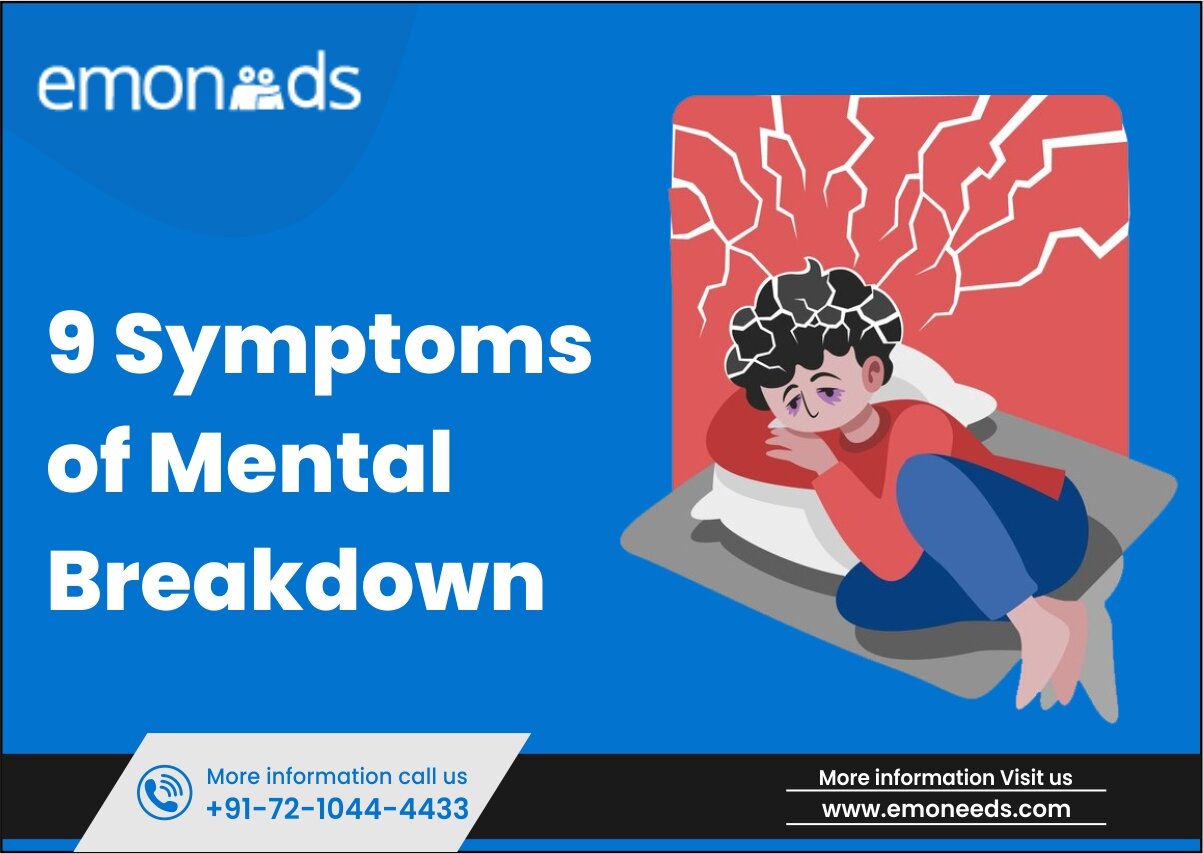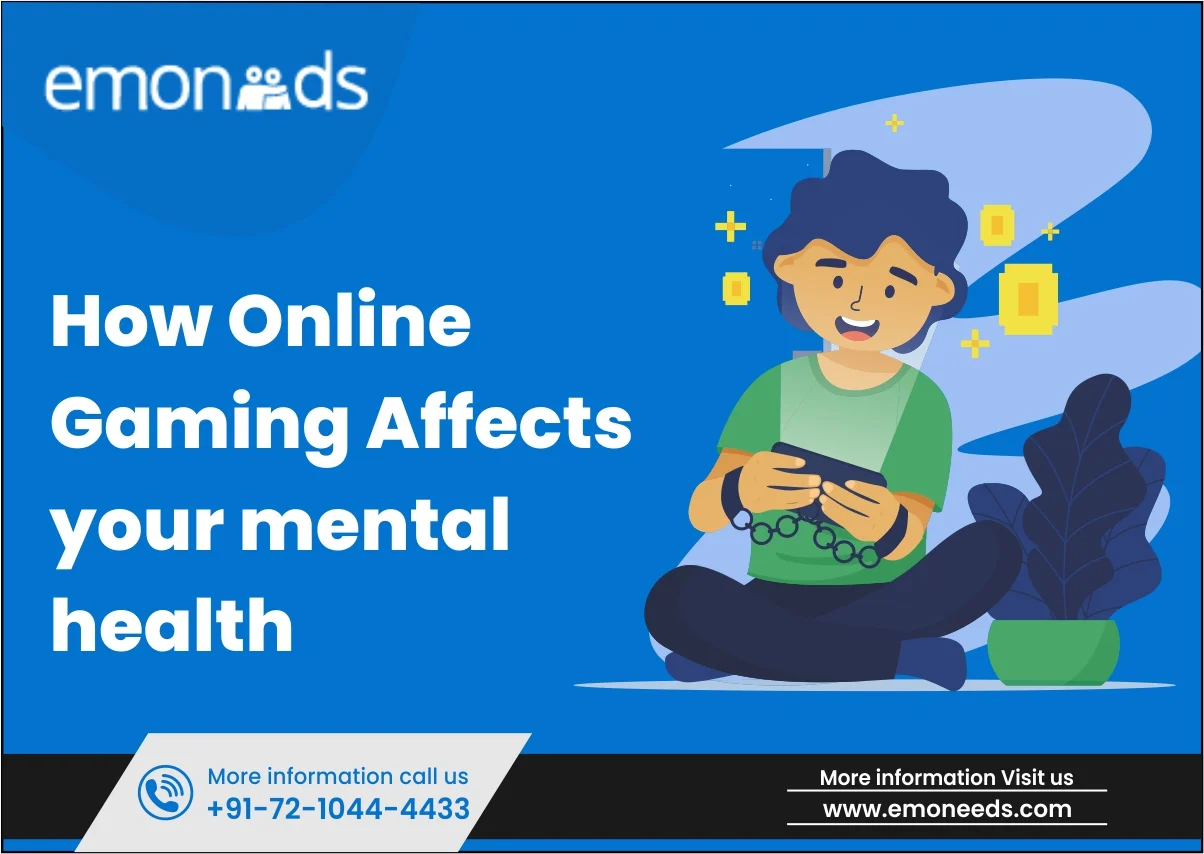
Parenting is a journey filled with challenges and triumphs, but when your adult child grapples with mental illness, the terrain becomes even more complex. According to recent studies, the prevalence of mental health issues among adults is striking, underscoring the significance of this issue. As a parent, witnessing your adult child struggle with mental illness can present unique challenges, from managing their symptoms to navigating treatment options.
However, it’s crucial to approach this journey with a clear understanding of the obstacles ahead. By prioritizing practical support and positive parenting tips, we can help our loved ones navigate their mental health journey with dignity and resilience.
Understanding Mental Illness in Adult Children
Mental health disorders such as depression, anxiety, bipolar disorder, and schizophrenia are common among adults. These disorders can significantly impact an individual’s daily functioning and quality of life. In many cultures, there are traditional beliefs and practices surrounding mental illness that influence how it is perceived and treated. It’s essential to recognize and respect cultural perspectives when addressing mental health issues within families.
Common Signs and Symptoms
Here are some common indicators to be mindful of:
- Changes in Behavior: Adult children may exhibit noticeable changes in behavior, such as irritability, agitation, or increased isolation.
- Mood Swings: Fluctuations in mood, ranging from extreme highs to lows, may indicate underlying mental health concerns.
- Social Withdrawal: Adult children may withdraw from social activities or relationships they once enjoyed, preferring solitude.
- Difficulty Concentrating: Mental illness can impair cognitive functioning, leading to difficulties with focus, memory, and decision-making.
- Physical Symptoms: Some mental health disorders may manifest physical symptoms, such as fatigue, headaches, or gastrointestinal distress.
Early intervention is key for managing adult children’s mental health. Seek professional help for accurate diagnosis and personalized treatment, including therapy and medication.
Tips to Parent an Adult Child with Mental Illness
Here are some expert tips parenting to help you support your loved one through their mental health journey:
Establishing Effective Communication Channels
Active listening techniques, such as giving your full attention and reflecting back what you’ve heard, can help your child feel understood and valued. Encourage open dialogue and expression by creating a safe space for them to share their thoughts and emotions without fear of judgment. For example, during daily conversations, ask open-ended questions like, “How are you feeling today?” or “Is there anything on your mind that you’d like to talk about?” This allows your adult child to express themselves freely and facilitates meaningful communication.
Build Support Systems
Engaging with local resources and support groups can provide valuable connections and assistance. For example, attending a weekly support group for parents of adult children with mental illness can offer a sense of community and understanding. Additionally, integrating traditional practices like family gatherings or cultural events can provide emotional support and stability. Holistic care, including regular check-ins with healthcare professionals and participation in therapy sessions, can complement traditional treatment methods.
Empowering Independence and Dignity
Empowering independence and dignity in your adult child with mental illness is essential for their well-being and self-esteem. Encourage autonomy while honoring family values, allowing them to make decisions and take responsibility for their actions. For example, involve your adult child in household chores or decision-making processes, giving them a sense of ownership and accomplishment.
Provide opportunities for vocational training and employment, helping them develop skills and pursue their interests. By fostering a supportive environment that values their contributions and respects their agency, you can help your adult child thrive despite their mental health challenges.
Self-Care Practices for Caregivers
Caring for an adult child with mental illness can be emotionally and physically taxing, making self-care essential for caregivers’ well-being. Here are some simple yet effective strategies:
- Nature Therapy: Spend time outdoors to rejuvenate your spirit. Explore parks, hike nature trails, or relax in gardens to connect with the natural world and find peace.
Example: Dedicate one afternoon weekly to immerse yourself in nature, allowing its beauty to refresh your mind and soul.
- Art Therapy: Engage in creative activities like painting or sculpting to express yourself and relieve stress. Set aside regular time for artistic endeavors that bring you joy.
Example: Spend an hour each week on an art project, letting your imagination soar and your worries fade away.
- Laughter Yoga: Incorporate laughter exercises into your routine to reduce stress and uplift your mood. Start your day with laughter yoga sessions to boost positivity.
Example: Begin each morning with laughter yoga, enjoying a few minutes of laughter exercises, or watching funny videos.
- Pet Therapy: Spend time with animals for companionship and comfort. Whether you have a pet or volunteer at a shelter, the unconditional love of animals can provide solace.
Example: Dedicate quality time daily to bond with your pet, relishing in their affection and warmth.
- Music Therapy: Use music for relaxation and emotional expression. Create playlists of soothing tunes to listen to during quiet moments.
Example: Enjoy calming music during breaks or chores, letting its melodies soothe your soul.
Incorporating these unique self-care practices into your routine can nurture your well-being as a caregiver, enabling you to better support your adult child with mental illness.
Educate Yourself
Educating yourself about your adult child’s mental health condition is essential for providing effective support and advocacy. Start by researching reputable sources of information, such as trusted websites, books, or support groups. Take the time to understand the symptoms, triggers, and treatment options associated with their specific diagnosis. For example, if your adult child has been diagnosed with depression, you can learn about common symptoms like persistent sadness or loss of interest in activities.
Additionally, attending educational workshops or seeking guidance from mental health professionals can deepen your understanding and equip you with practical strategies for navigating challenges in daily life.
Promote Healthy Lifestyle Habits
Encourage regular exercise, such as walking, jogging, or yoga, to reduce stress and improve mood, which are positive parenting techniques. Emphasize the importance of nutritious eating, including plenty of fruits, vegetables, and whole grains, to support overall well-being.
Adequate sleep is also crucial, so encourage your adult child to establish a consistent sleep schedule and practice relaxation techniques before bedtime. Additionally, engaging in hobbies or activities they enjoy can provide a sense of fulfillment and reduce feelings of isolation.
Crisis Management and Intervention Strategies
Staying watchful for warning signs such as extreme mood swings, self-harm behaviors, or disorganized thinking. In a crisis, prioritize safety by removing any potential hazards and calmly engaging with your child. Example: If your adult child exhibits signs of severe distress, such as expressing suicidal thoughts or engaging in risky behaviors, calmly assure them of your support and contact a mental health professional or emergency services for immediate assistance.
Collaborate with their treatment team to develop a crisis management plan tailored to their needs, ensuring a swift and supportive response to challenging situations.
Stay Vigilant for Signs of Relapse
Remaining vigilant for signs of relapse is essential for supporting an adult child with mental illness. Changes in behavior or mood may indicate a potential recurrence of symptoms, requiring prompt intervention. For instance, if an adult child with depression starts to withdraw from social activities and displays a persistent low mood, it could signal a relapse. Similarly, sudden changes in sleeping or eating patterns may also warrant attention.
By staying attuned to these subtle cues in their daily routine, parents can address relapse early on and ensure their adult child receives the necessary support and treatment to manage their mental health effectively.
Be Flexible
Being adaptable allows you to adjust your approach based on their changing needs and circumstances. For example, if your adult child experiences a sudden increase in symptoms, such as anxiety or depression, be willing to modify your plans accordingly. This might mean rescheduling family gatherings or adjusting expectations for household responsibilities. By remaining open-minded and responsive to your adult child’s needs, you create a supportive environment where they feel understood and valued.
Seeking Professional Support
Involving mental health professionals in the support network for adult children with mental illness offers numerous benefits. These professionals possess specialized knowledge and expertise to provide comprehensive assessment, diagnosis, and treatment tailored to individual needs. Parents are encouraged to explore therapy options, including individual therapy, family therapy, or support groups, as they offer valuable opportunities for emotional support and coping strategies.
Emoneeds connects individuals with qualified professionals and community-based support services. For example, a parent can easily schedule a virtual therapy session for themselves or their adult child through Emoneeds, fostering ongoing support and guidance on good parenting tips.
Conclusion
Navigating the challenges of parenting an adult child with mental illness requires patience, understanding, and proactive support. By prioritizing effective communication, building strong support networks, and seeking professional guidance, parents can empower their loved ones to manage their mental health with dignity and resilience.
It’s essential to advocate for culturally sensitive approaches and embrace holistic care practices to ensure the well-being of the entire family. Remember, you are not alone in this journey. With compassion, perseverance, and access to resources like Emoneeds, we can create a supportive environment where adult children with mental illness can thrive.
FAQs
My Daughter’s Mental Illness is Destroying the Family
Support your daughter through treatment while safeguarding family dynamics. Seek therapy together, set clear boundaries, and prioritize collective well-being. Consult a trusted specialist and get the proper advice. Emoneeds can help you with online consultation.
How do you parent a mentally ill adult child?
Support, educate yourself, and set boundaries. Encourage treatment but respect their autonomy. Seek professional help and join support groups for guidance.
How do I stop enabling your grown child with mental illness?
Recognize unhealthy patterns, set clear limits, and encourage independence. Offer support without rescuing or enabling destructive behavior.
When should you walk away from an adult child with mental illness?
Consider walking away if their behavior becomes harmful or if they refuse help despite your efforts. Prioritize your well-being and seek support for tough decisions.
How do you deal with a mentally ill adult son?
Show empathy, listen without judgment, and encourage treatment. Seek professional advice, practice self-care, and maintain open communication for support.




